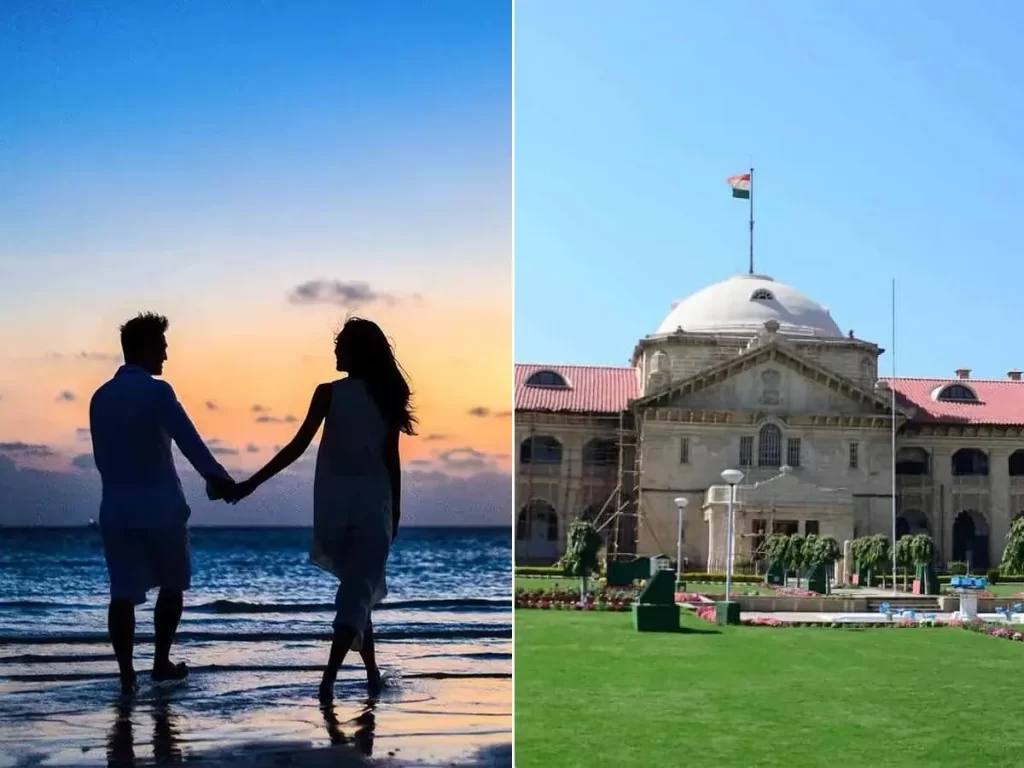Jahanvi Agarwal
According to a recent ruling by the Allahabad High Court, an interfaith couple is at liberty to live together. Further, it was also ruled that “no one, including their parents or anyone acting on their behalf, shall be permitted to interfere in their peaceful live-in relationship.”
The Bench consisted of Justice Surendra Singh who was of the opinion that they should approach the relevant Superintendent of Police with a copy of the High Court’s judgment in the event that the couple’s peaceful existence is disturbed and that they should be given prompt security.
The single-judge Bench cited the Supreme Court’s judgement and stated that it was “clear that a boy or girl who has attained majority is free to marry or live with a person of his or her choice and that no one, including his or her parents or anyone on their behalf, can interfere in their right to freedom of choosing a partner, which emanates from the Right to Life and Personal Liberty guaranteed under Articles 19 and 21 of the Constitution of India.”
The court also rejected the State’s argument that a division bench decision of the High Court in Kiran Rawat and another vs. State of UP (2023)[1] had refused to provide protection to couples residing together in a live-in relationship.
The Court stated that it was clear from interpreting the judgment in that case that the court had not ruled that a live-in couple was not entitled to the protection of the court. The court instead refused the couple’s protection due to the unique circumstances of that case.
The court passed the order in a plea moved by an interfaith couple seeking a direction in the nature of mandamus to the private respondent not to interfere in their peaceful living.
The lawyer representing the petitioner claimed that both of the petitioners were adults and that they were living together peacefully and voluntarily in a live-in relationship.
The lawyer informed the court that the girl’s mother and other family members disapproved of the petitioners’ live-in relationship and were harassing and disturbing the petitioners.
The pair allegedly had fear of an honour killing from the girl’s family members since the girl’s mother had threatened the couple with dire consequences.
He further informed that the boy had made an application before the Commissioner of Police, Commissionerate Gautam Budh Nagar, seeking protection, but to no avail.
The State’s lawyer, on the other hand, objected to the couple’s request, arguing that since the two petitioners belonged to different faith traditions, living together in a live-in relationship violated Muslim personal law and was punishable by Zina (adultery).
[1] 2023 LiveLaw (AB) 201.


